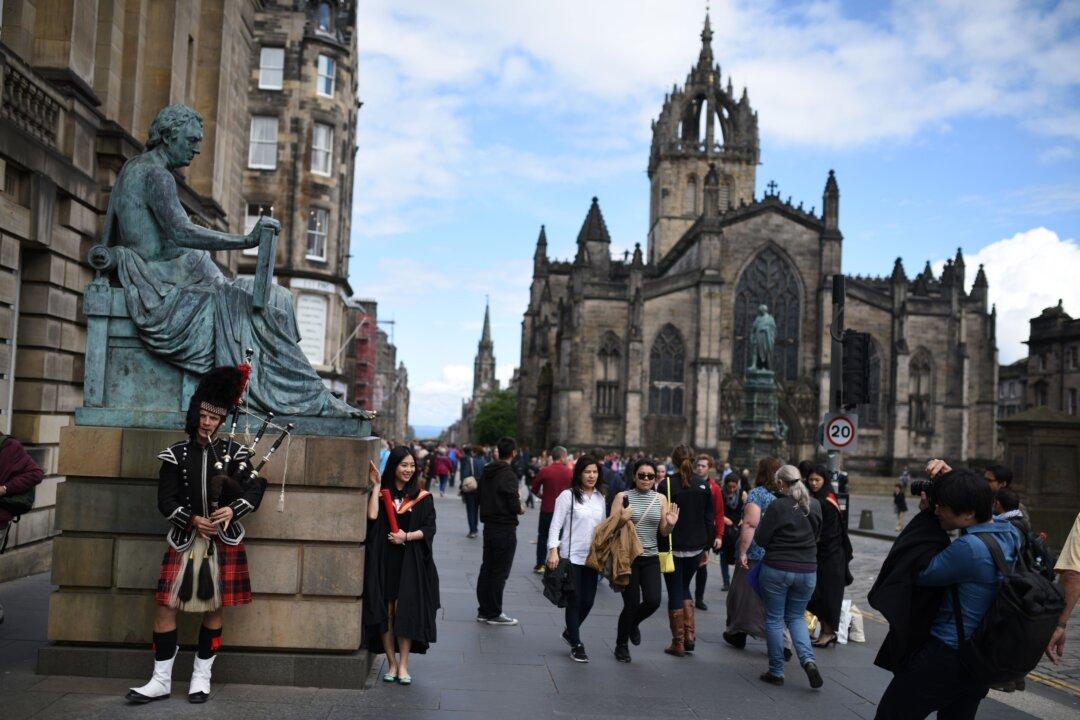The University of Edinburgh has renamed a building that was dedicated to an 18th-century philosopher due to his “comments on matters of race” that “rightly cause distress today.”
Campuses should reflect “contemporary and historical diversity” and there are “sensitivities” around asking students to use a building named after David Hume, one of Scotland’s most lauded philosophers, the university said in a statement on Thursday.





